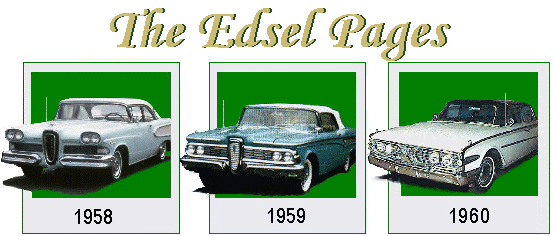
Sellers: Please be aware of a known check cashing scam that is frequently perpetrated on classic car sales! |
|
The "419" Scam
The most common scam starts out when you are contacted by someone that seems interested in buying your collector car. Generally speaking, the first red flag is when the buyer is outside the United States, commonly from Africa or Eastern Europe. Another red flag is when a buyer attempts to send you a check for more than your selling price. Usually when this happens they ask you to send the extra money to a third party. The check itself is usually fake.
The story of one of the very first "419" scams goes like this: These individuals lost thousands of their own money in the scam. This scam has been tried on plenty of others. When cashing checks, US banks are required to post the funds within a few business days, even though it can take over three weeks for them to realize that a check is bogus. At that point, you're on the hook for the money. A central element of advance-fee fraud is that the transaction from the victim to the scammer must be untraceable and irreversible. Otherwise, the victim, once they become aware of the scam, can successfully retrieve their money and/or alert officials who can track the accounts used by the scammer. Wire transfers via Western Union and MoneyGram are ideal for this purpose. The wire transfer, if sent internationally, cannot be cancelled or reversed, and the person receiving the money cannot be tracked. In fact, that person often does not have to provide identification; they only have to know the identifiers of the transaction such as the control number (MTCN) and do not need the "secret question". Thus, the overwhelming majority of scams involve making payment via wire transfer. Other similar uncancellable forms of payment include postal money orders and cashier's checks, but as wire transfer via Western Union or MoneyGram is the fastest method, it is most commonly used. This type of scam is called "419" fraud after the section of the Nigerian penal code that addresses such schemes. You can find out more about it on the wikipedia page. If you have copies of emails from -- or accounts of -- similar encounters, it may be useful to forward them via email to the Secret Service Financial Crimes Division at 419.fcd@usss.treas.gov. |
Click here for some examples of commonly used phrases that may help identify Scam Email.